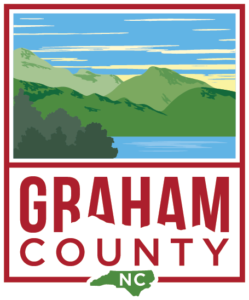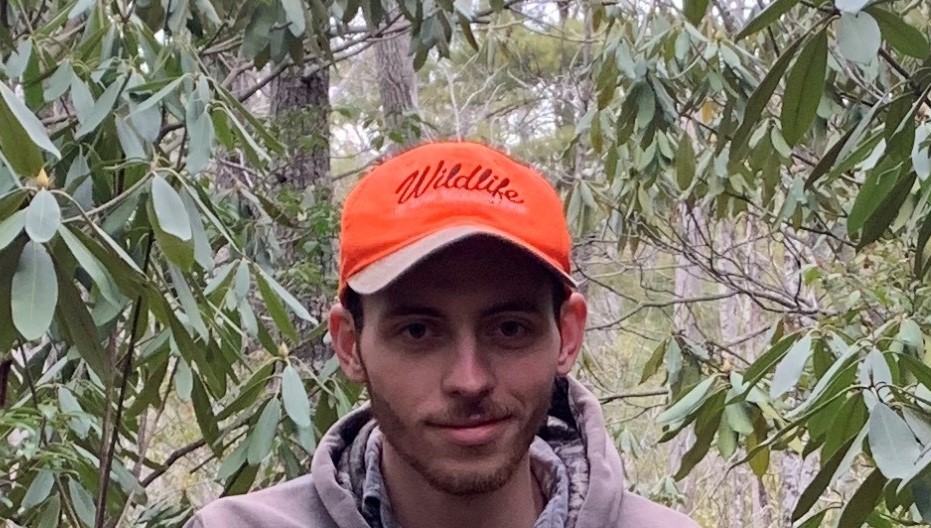 Every Fall we receive numerous phone calls from people who have questions about hiking during the hunting season. Throughout the fall, hunters are seeking deer, wild turkey, wild boar and bear in the forests of Western North Carolina. Visitors may notice trucks along the sides of the backcountry roads, surrounded by people dressed in camouflage and often, orange caps. Dogs wearing leather collars can be spotted trotting through the woods, seemingly lost and hungry. Some of the more common questions we are asked are answered below:
Every Fall we receive numerous phone calls from people who have questions about hiking during the hunting season. Throughout the fall, hunters are seeking deer, wild turkey, wild boar and bear in the forests of Western North Carolina. Visitors may notice trucks along the sides of the backcountry roads, surrounded by people dressed in camouflage and often, orange caps. Dogs wearing leather collars can be spotted trotting through the woods, seemingly lost and hungry. Some of the more common questions we are asked are answered below:
Q. How do I know when it is hunting season?
A. Do an internet search before you plan your hike. For example, search for hunting seasons in Western North Carolina.
Q. If I know it is hunting season, is it safe to hike?
A. Certainly. Many hunters actually appreciate hikers in the woods because they keep the animals moving from place to place. It is wise to wear something colorful that stands out when you are hiking at this time. That way you are not mistaken for a prey animal. Bright orange is best, but any bright color that is not usually seen in the woods is fine. Avoid wearing browns and greens or camouflage.
Q. other than bright clothing, what else can I do to avoid hunters during hunting season?
A. Stay on the established trails and make noise. Talk with your fellow hikers as you travel along the paths and make yourself noticeable. Head for the tops of mountains where you can be easily seen from a distance.
Q How do I know if hunting is allowed in the area I wish to hike?
A. Once again, the internet is your friend. Many hikers choose to hike in National and State Parks, Conservation areas or City Parks where hunting is often prohibited. There are a number of states where hunting is prohibited on Sundays. Also, avoid hiking at a time when hunters and the hunted are most active, usually dawn or dusk. Instead, plan your hike in the middle of the day.
Q. What if I see a hunter on the trail?
A. Hunters and hikers have a mutual love of the forest that has made us conservation allies. Hunters are often passionate protectors of the environment, and without them, our beloved hiking trails and national forests may not even exist. If you see a hunter ahead of you on the trail, quietly approach and greet the hunter, tell him you are hiking and where you plan to go. Be courteous and if the hunter requests that you wait or choose a different path because he is tracking an animal, consider doing so.
Q. I’ve run across dogs with radio collars as I have been hiking in the wilderness. They look so hungry. Are they lost? Should I take them into town?
A. Hunting dogs are normally very friendly and they are drawn to humans because their owners have been feeding them throughout the year. The owners are tracking their dogs and have trained them to wander through the woods looking for prey. Do not take them home with you! Do not feed them, no matter how tempting. Many of these dogs are very valuable and you could be arrested for theft. In most cases, the animals will walk with you for a little while and then veer off the trail into the woods.
Q. What if the dog is injured or seems lost?
A. The best thing you can do is to take down the phone number of the owner that is on the collar of the dog. Call and tell them (or leave a message) that you spotted their dog at a specific location so that they can go retrieve them.
Q. I like to hike with my dog, but is that safe to do during hunting season? My dog is very obedient and always comes when I call him.
A. Keep your beloved fur baby on a leash while you are hiking in areas where hunting is allowed. You dog may smell hunting dogs or the animals they are seeking and take off on a focused hunt themselves. Additionally, hunting dogs are trained to hunt, and they might decide that your dog is just the prey they are looking for. It is just too risky. All told, it would be wiser to keep your dog at home during hunting season.
Hunters and hikers, anglers and campers, photographers and wild foragers are all users of our public lands and none of them want to lose access to the public land that supports animal conservation. Environmentalists don’t want to lose our nation’s clean water, clean air, and unspoiled spaces. Hikers, campers, and the businesses that support them don’t want to lose trails, rivers, and campsites. Treat each other with courtesy and understanding as you interact and have fun!
Author: Kim Hainge



